Could a strategic lithium reserve kickstart US supply chain development?
NEW YORK -- A strategic lithium reserve is being mooted as a solution to stabilize volatile prices that have hindered American mining projects, allowi
Current Access Level “I” – ID Only: CUID holders, alumni, and approved guests only
Today’s global pandemic is testing the limits of people’s ability to cope with massive disruption in their lives, including steps they take for the public good. And there may be lessons there regarding our response to climate change.
In this edition of the Columbia Energy Exchange, host Bill Loveless is joined by Robert H. Frank, a professor of management and economics at Cornell University’s Johnson Graduate School of Management and the author of a new book from Princeton University Press called Under the Influence: Putting Peer Pressure to Work. They discuss human behavior in a crisis, whether it is the COVID-19 pandemic that we are enduring today, or the climate catastrophe that we may be just beginning to experience.
In his book, Robert explains how the strongest predictor of our willingness to support climate friendly policies, install solar panels or buy an electric car is the number of people we know who have already done so. And while climate change may not be uppermost in people’s minds now amid the pandemic, he draws parallels for Bill between our reaction to this health crisis and how we might respond to climate change.
They also talk about another book, one by the journalist David Wallace-Wells called The Uninhabitable Earth: Life After Warming, which Robert says had a big impact on his thinking. David was a guest on Columbia Energy Exchange with Jason Bordoff in September 2019.
In his discussion with Bill, Robert explains his views on the meaning of “behavioral contagion,” its relationship to previous changes in public attitudes about smoking and other controversial issues, and its potential to inspire broad public support for measures to address climate change.
Among his other credentials, Robert is a former economics columnist for the New York Times. His earlier books include The Winner-Take-All-Society, The Economic Naturalist and Success and Luck.
If it seems like you're hearing a lot more about geothermal energy lately, that's because this clean, firm energy source is at a technological turning point. With roots...
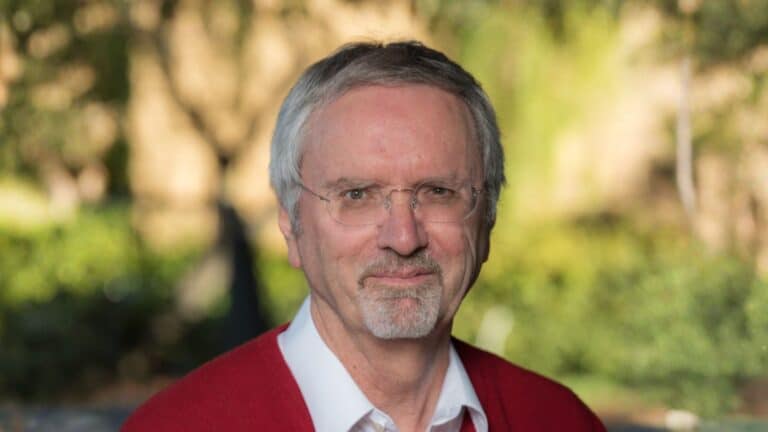
Investment in clean energy technologies is on course to hit a record $2.2 trillion this year, according to the International Energy Agency. That’s more than twice the amount...
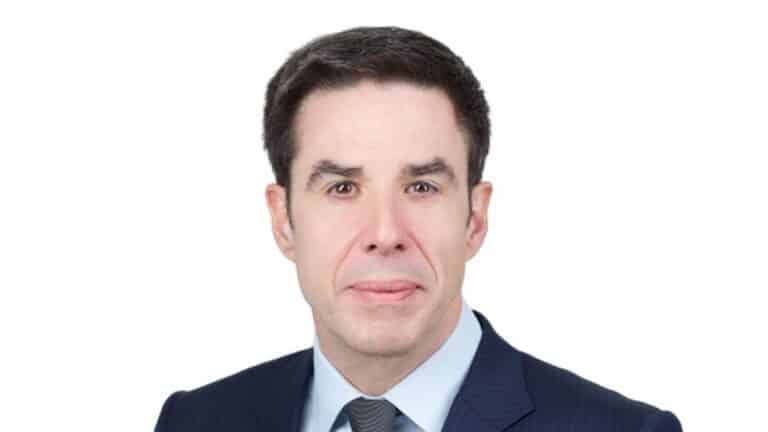
The national conversation around climate change is shifting. There’s more focus on energy affordability and demand, as well as on the dual role artificial intelligence plays as both...

The Federal Energy Regulatory Commission (FERC) regulates the United States’ energy transmission, pipeline networks, and wholesale rates for electricity. For much of its history, FERC was a little-known...
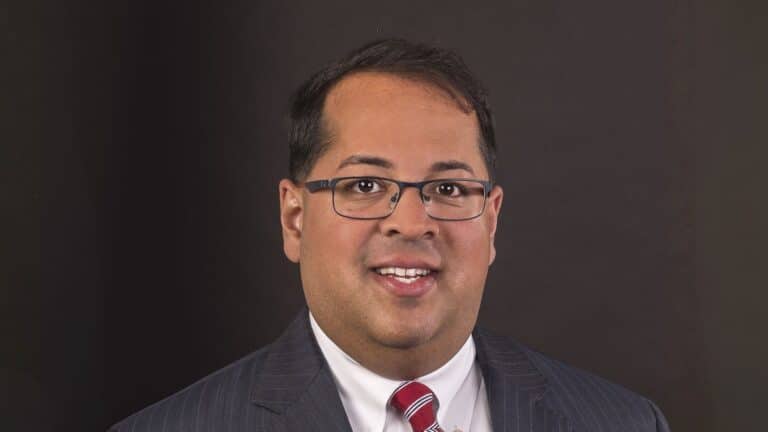
This Energy Explained post represents the research and views of the author(s). It does not necessarily represent the views of the Center on Global Energy Policy. The piece...
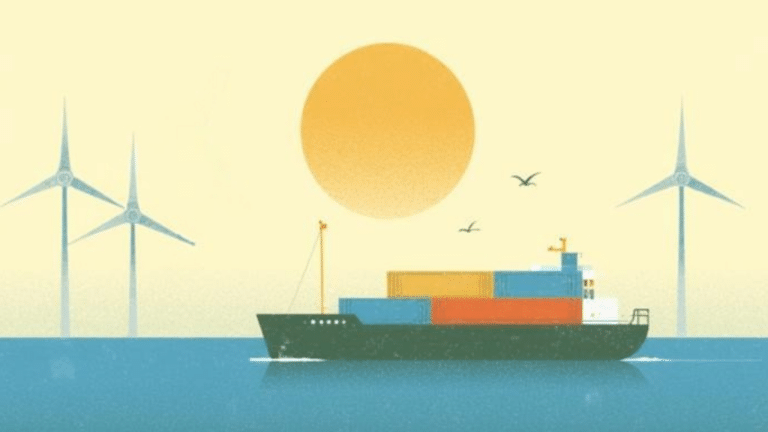
Geopolitical uncertainty associated with Russian gas exports could swing the range of those exports by an estimated 150 bcm per year.
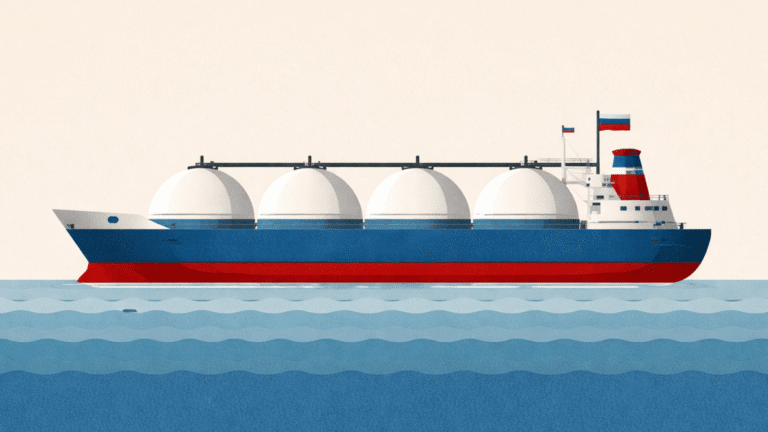
From the east to west and north to south, in red states and blue states, attention to data centers is skyrocketing in state capitals across the United States.
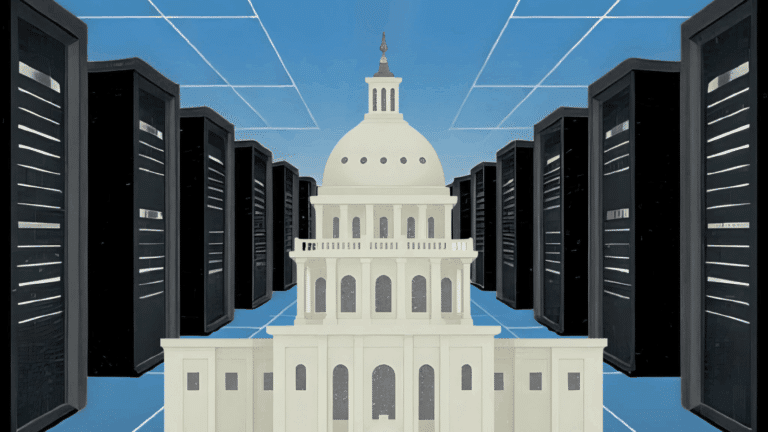
Trump’s latest proposal would cede the United States’ AI advantage.
